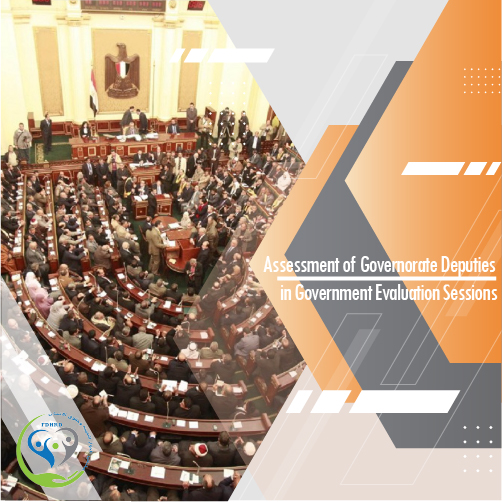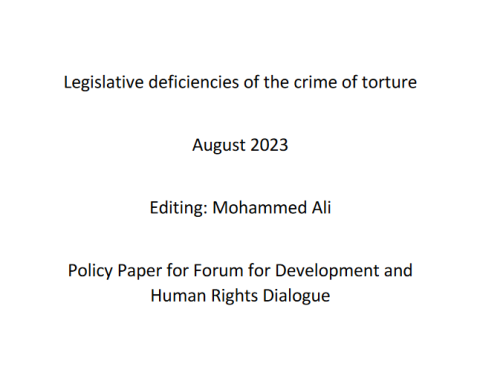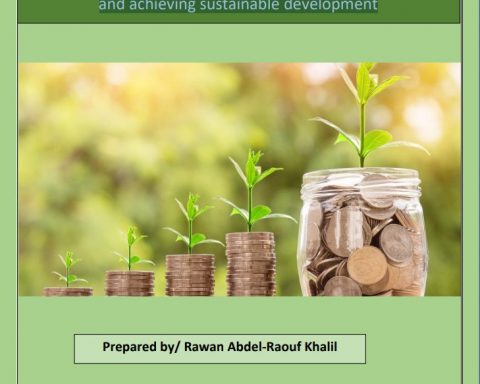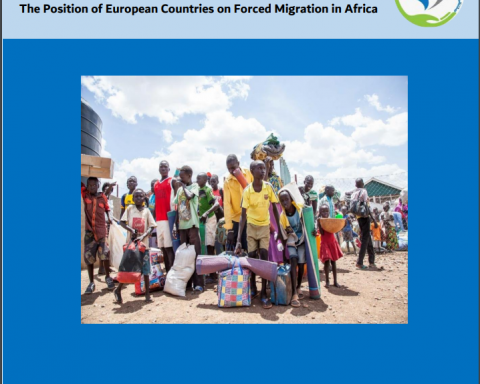Regionalism, with its demographic, occupational, age, or categorical characteristics, represents a very important element in analyzing the parliamentary scene and anticipating tools and mechanisms for dealing with it, whether at the level of raising issues and needs with primary care and executive attention or at the level of forming biases and forming views towards the proposed legislation and policies In general, making its analysis and eliciting its outcomes and implications a very important element in evaluating the experience or arriving at a perception about its future and its ability to achieve a supportive and positive societal impression towards the House of Representatives and its performances as an expression of the popular.
From this standpoint, the importance of digital and statistical reading of parliamentary performance is at the beginning of the current legislative term, especially given the existence of an integrated issue that can serve as an objective tool for measurement, analysis and conclusion, such as evaluation of government policies and the performance of the ministerial structure in the achievement of the government program (2018 – 2022). In an unprecedented parliamentary behavior, the adoption of an objective methodology is reflected in the statement of the popular position, as well as in the direction of those who implement it as a guide that provides the presidency with an objective and supportive vision of the decision to develop or replace the ministerial structure.








